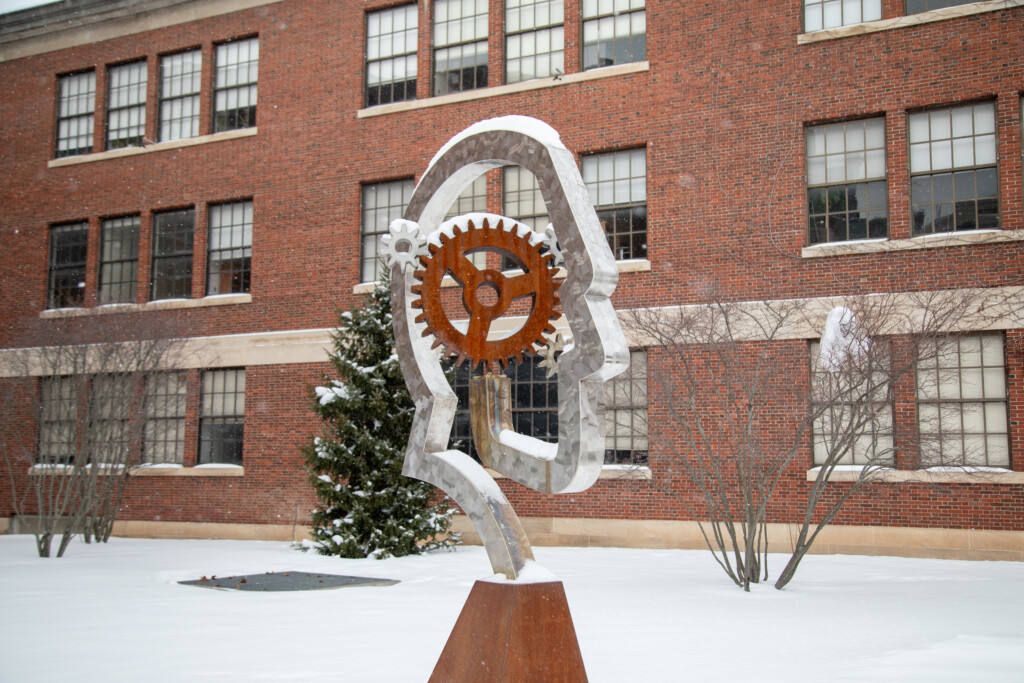UR is not like other schools, but it is not our unique curriculum, musicality, or research opportunities that set us apart. It is the dear and special brand of rodent that inhabits our campus: the noble groundhog.
Neighboring Mount Hope Cemetery’s no-kill policy on “pests” like our blubbery little friends has led to a thriving population of them on campus, something that students have been appreciating for years with countless photos and excitement at every sighting. The adoration of these animals has grown recently into an obsession, leading to their ascension to meme status. This, rather unfortunately, has led to students being driven mad with desire for closer and closer interactions with the little guys, with some students even baiting the creatures closer to them with food.
This fervent pursuance for our portly little buddies is problematic. Groundhogs, like most wild animals, are not particularly cuddly. They have been known to scratch and even bite when they feel threatened by a human encroaching on their space. These scratches and bites can be dangerous, as groundhogs are more likely than any other rodent to be carriers of rabies. Rabid groundhogs also are much more willing to approach humans, meaning that a close interaction is more likely to be with a bad fella than a healthy one.
If even one student was scratched or bitten and had to seek medical treatment and vaccination, it is more likely than not that the University would begin exterminating our poor pals as a means of reducing liability. This would be devastating to many students and obviously even more devastating to the groundhogs themselves.
No good can come of trying to bait or goad groundhogs into human contact, so try to keep it to photos and admiration from a distance, for our sake, and for the sake of our friends.

